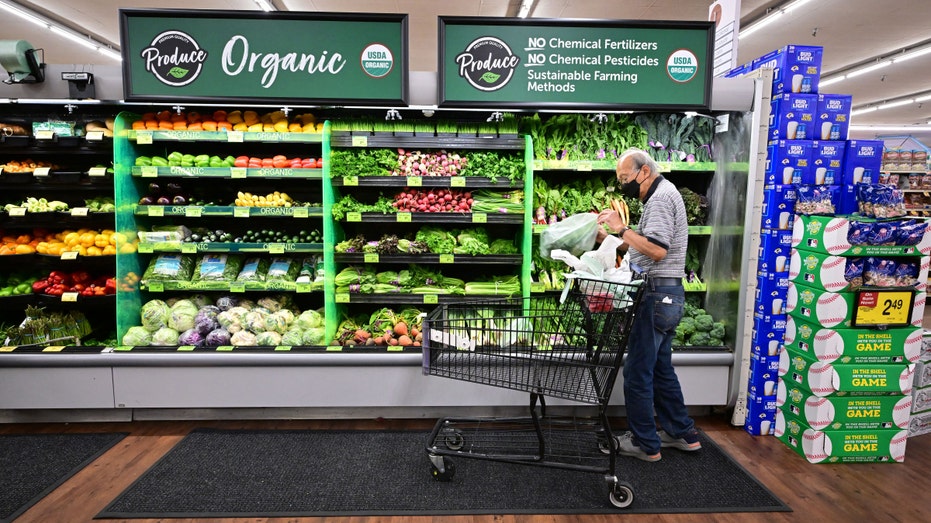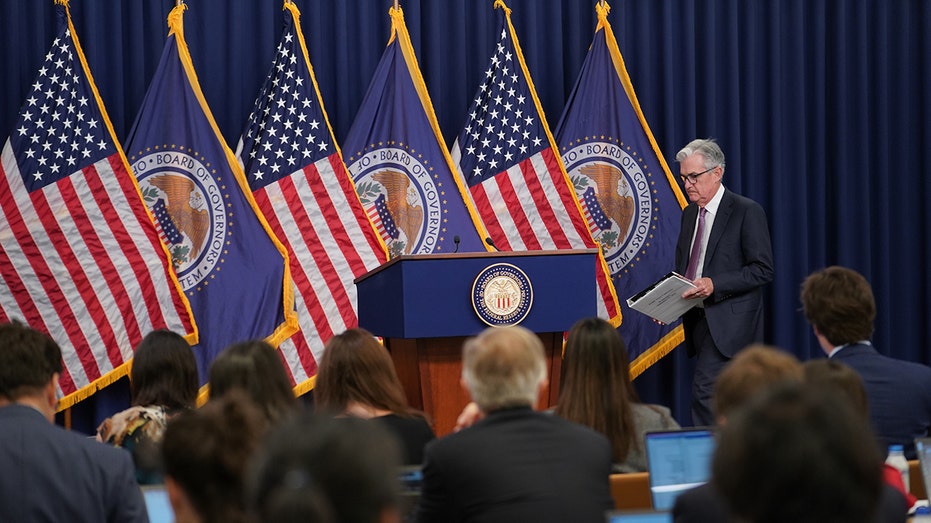US already in recession, or will likely be next year, most NABE economists say
NABE survey shows most economists see downturn this year or next
US recession is 'inevitable': Ron Kruszewski
Stifel CEO Ron Kruszewski argues the Federal Reserve raising rates by 100 basis points may allow 'for a soft landing' on inflation.
An overwhelming majority of business economists believe the U.S. economy is either already in a recession, or is very likely to tip into one next year.
That's according to a new survey published on Monday by the National Association for Business Economics, which shows that more than half of the group's members view a recession as more probable than not. Another 11% think the economy has already entered a downturn.
The survey, which was conducted between Oct. 3-10, highlighted areas of concern for the economists, including a slowdown in demand, an easing in labor market tightness and a slight moderation in price pressures.
It's the latest in a series of grim predictions as the Federal Reserve embarks on one of the fastest courses in history to raise borrowing costs, slow the economy and crush inflation that is still running near a 40-year high.
THE FED'S WAR ON INFLATION COULD COST 1M JOBS

A shopper looks at organic produce at a supermarket in Montebello, California, on August 23, 2022. ((Photo by FREDERIC J. BROWN/AFP via Getty Images) / Getty Images)
About 33% of respondents reported higher employment at their firms over the past three months, a slight decline from the 38% reading in July. Hiring plans also slowed down: Just 22% of respondents anticipate increasing payroll over the next three months – a marked drop from 50% at the start of the year.
On top of that, the gap between the percentage of respondents reporting rising sales in the last three months and those reporting falling sales fell 8 percentage points to the lowest level since mid-2020.
The economists anticipate that profit margins will continue to contract over the next quarter.
SOCIAL SECURITY RECIPIENTS TO SEE BIGGEST COLA INCREASE SINCE 1981

Jerome Powell, chairman of the U.S. Federal Reserve, arrives to speak during a news conference following a Federal Open Market Committee (FOMC) meeting in Washington, D.C., US, on Wednesday, Sept 21, 2022. (Photographer: Sarah Silbiger/Bloomberg via Getty Images / Getty Images)
There is a growing expectation on Wall Street that the Fed will trigger an economic downturn as it raises interest rates at the fastest pace in three decades to catch up with runaway inflation.
Officials in September approved a third consecutive 75-basis-point rate hike, lifting the federal funds rate to a range of 3% to 3.25% – near restrictive levels – and indicated that more super-sized increases are coming.
Economic growth already contracted in the first two quarters of the year, with gross domestic product – the broadest measure of goods and services produced in a nation – contracting by 1.6% in the winter and 0.6% in the spring.
Fed Chair Jerome Powell has all but conceded the central bank will tip the economy into a recession with its rapid rate hikes, warning that higher rates will cause economic "pain."

Now Hiring signs are displayed in front of restaurants in Rehoboth Beach, Delaware, on March 19, 2022. ((Photo by STEFANI REYNOLDS/AFP via Getty Images) / Getty Images)
GET FOX BUSINESS ON THE GO BY CLICKING HERE
"The chances of a soft landing are likely to diminish to the extent that policy needs to be more restrictive or restrictive for longer," Powell told reporters in Washington in September. "Nonetheless, we’re committed to getting inflation back down to 2%. We think a failure to restore price stability would mean far greater pain."





















